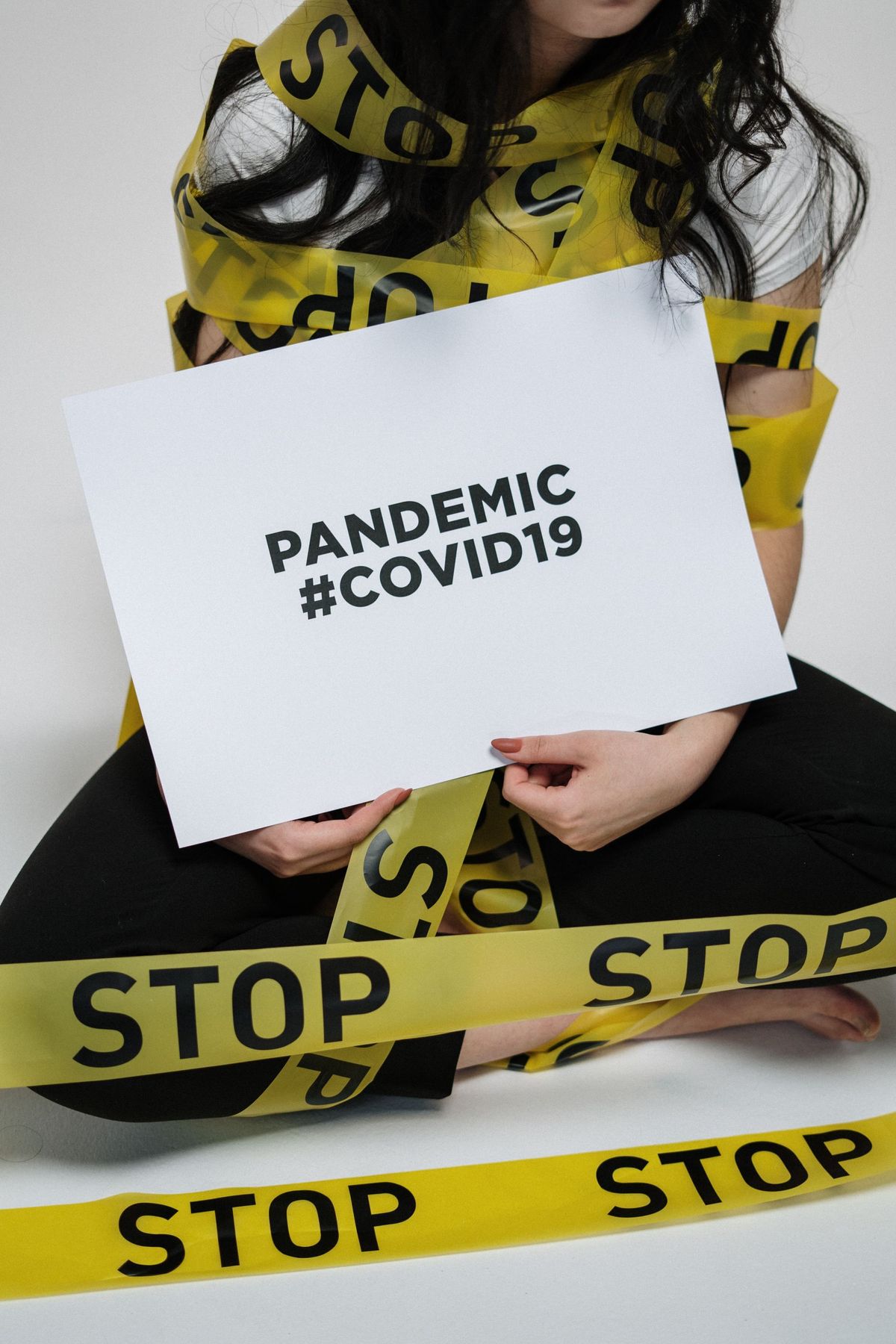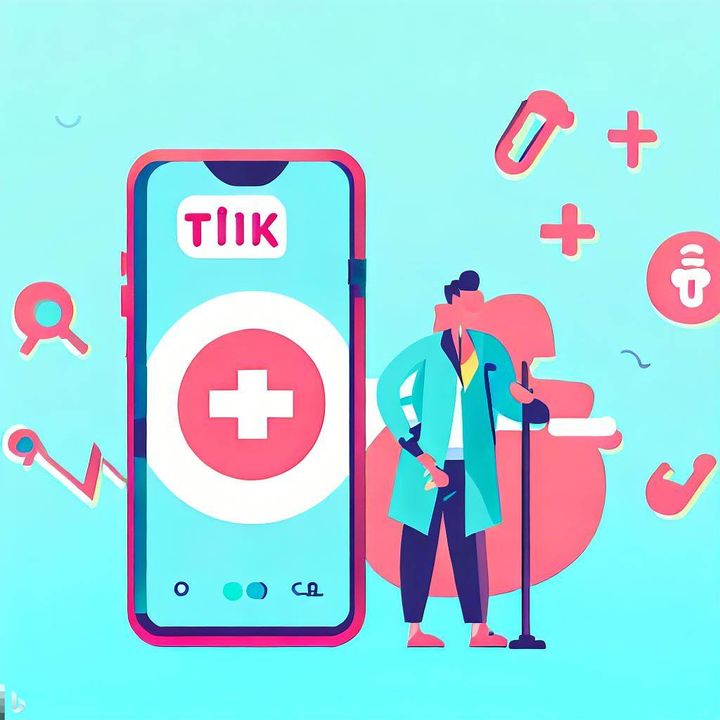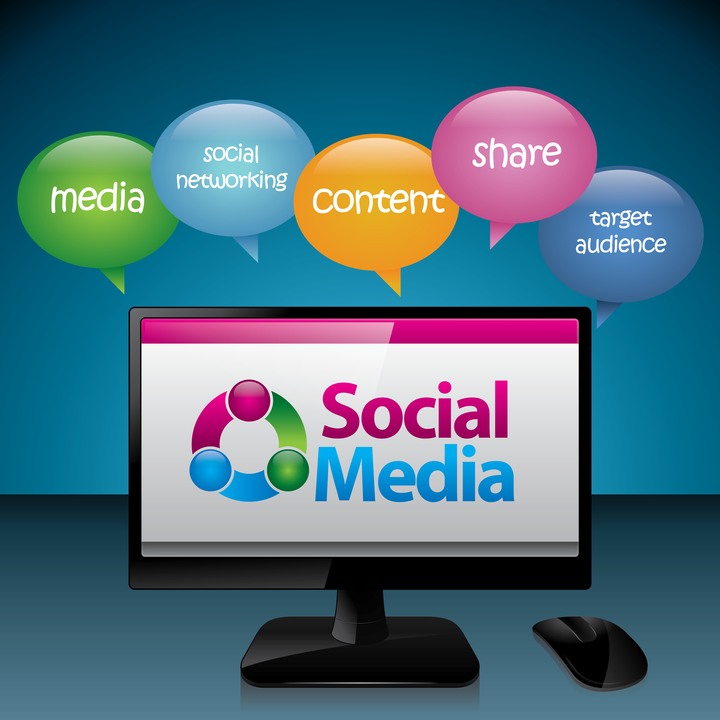Pfizer and Roche partner on COVID awareness

Roche has partnered with Pfizer to help people who test negative for COVID-19 find the best resources and treatment options.
Roche's COVID-19 diagnostic test has added a QR code that allows users to quickly go to Pfizer's website and get more information about COVID-19, such as where to get further testing and treatment options.
Pfizer markets its COVID vaccine, Comirnaty, and another new vaccine called Covidiol. Roche and Pfizer have launched an initiative to allow users to quickly find out if someone they know has COVID-19 by scanning a QR code that leads to the Pfizer website, which has more information about COVID-19.
Roche has released a test that detects COVID-19 in 20 minutes, for ages 2 and up. Roche's Pilot screener is a quick test that detects COVID-19 in a swab taken from an infant's nose. It was issued by the U.S. government to help people in developing countries get tested. Roche has launched a test that detects antibodies to the COVID gene that are in the blood, and has been widely distributed. It is hoped that early detection of the virus will result in the quick intervention of healthcare personnel who need to treat COVID patients.
In fact, about 90% of people have difficulty understanding and accessing personal and public health information because it includes complicated or confusing terms. The aim of this partnership is to help people get to know more about COVID and how to treat it. This new partnership between Roche and Pfizer is intended to help people find more accurate and relevant COVID information.
The new test was developed to help doctors detect the presence of SARS-CoV-2 in swabs taken from peoples'nails. The results were very promising, with a relative sensitivity of 93% and 100% specificity. Roches at-home COVID-19 test has a sensitivity of 93.2% and a specificity of 100%. The research was performed on 158 samples in a study that lasted about two years.
Roche is the global leader in the development of testing for COVID-19 and has sold more than 1.8 billion tests worldwide.



